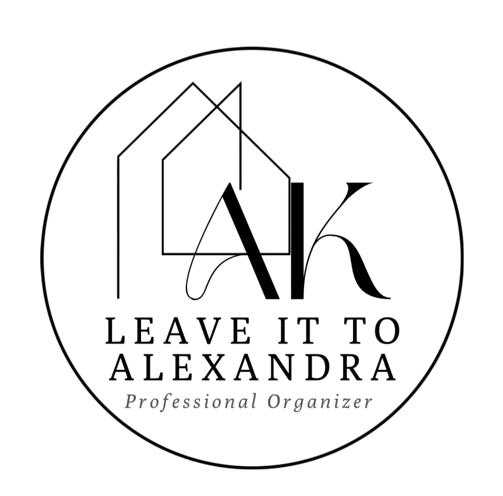Teaching kids the value of organization and cleanliness not only benefits the household but also instills lifelong skills in them. Involving children in the process of home organization and cleaning can be both fun and educational. This blog will explore strategies to engage kids in tidying up, making it an enjoyable activity for them while lightening the load on parents.
Make It a Fun Experience
Kids are more likely to participate in cleaning and organization if it feels like a fun activity rather than a chore. Introducing playful elements can turn mundane tasks into exciting challenges. For example, you can set a timer and challenge them to see how many toys they can put away in a certain amount of time. By framing home cleaning as a game, children are more eager to help.
Additionally, playing their favorite music during cleanup time can keep their energy levels up. Creating a reward system, such as earning stickers or points for completed tasks, can also motivate them to stay involved. These small steps make the process of organizing more enjoyable for everyone.
Assign Age-Appropriate Tasks
It’s essential to tailor the tasks to the child’s age and abilities. Giving them age-appropriate chores ensures they feel confident and capable. Younger kids, for instance, can help with simple jobs like putting toys in bins or sorting laundry, while older children can take on more challenging tasks such as organizing bookshelves or dusting surfaces.
As your kids grow, you can increase the complexity of their tasks, gradually teaching them the skills they’ll need for more advanced home organization. This helps them build independence and understand the importance of contributing to the household.
Establish a Routine
Consistency is key when it comes to getting kids involved in home organization. Creating a cleaning routine will help children understand that tidying up is a regular responsibility. Whether it’s before bedtime or after meals, set a specific time each day for them to complete their assigned tasks.
By sticking to this schedule, your kids will develop the habit of keeping their space tidy. A simple chore chart with assigned duties for each family member can help keep everyone on track and ensure no one feels overwhelmed.
Teach the Value of Decluttering
A crucial part of keeping a home organized is knowing when to let go of things. Teaching your kids about the importance of decluttering can help them appreciate a clean and clutter-free environment. Encourage them to sort through their toys, clothes, and other belongings, deciding which items to keep and which to donate or discard.
This process not only keeps the house tidy but also teaches them about minimalism and generosity, as they learn to part with things they no longer use. With time, they’ll develop the skills to keep their space organized independently, reducing clutter in the long run.
Be a Role Model
Children often mimic the behaviors of their parents. If you want your kids to take home organization seriously, it’s important to model the behavior yourself. Show them how you organize your own spaces, and involve them in larger family cleaning projects.
By demonstrating the value of a clean, well-organized home, you’ll encourage them to take pride in their own cleaning efforts. Plus, working together as a family strengthens bonds and builds a shared sense of responsibility.
Positive Reinforcement
Lastly, remember that positive reinforcement is a powerful tool. When your children complete their tasks, be sure to acknowledge their efforts. Praise them for a job well done, and offer small rewards when appropriate, such as extra playtime or a fun family outing.
However, it’s important to balance rewards with teaching them the intrinsic benefits of maintaining a clean space. Help them understand that a well-organized home reduces stress, promotes focus, and makes it easier to find things.
Conclusion: Building Lifelong Habits Through Fun and Organization
Involving kids in home organization and cleaning doesn’t have to be a struggle. By making it fun, assigning age-appropriate tasks, establishing routines, teaching the value of decluttering, and reinforcing positive behavior, you can instill lifelong habits in your children. Not only will this make your home cleaner, but it will also foster a sense of responsibility and pride in your children as they contribute to the household.
Using these strategies will turn cleaning and organizing from a chore into a fun, family-oriented activity that everyone can enjoy.

